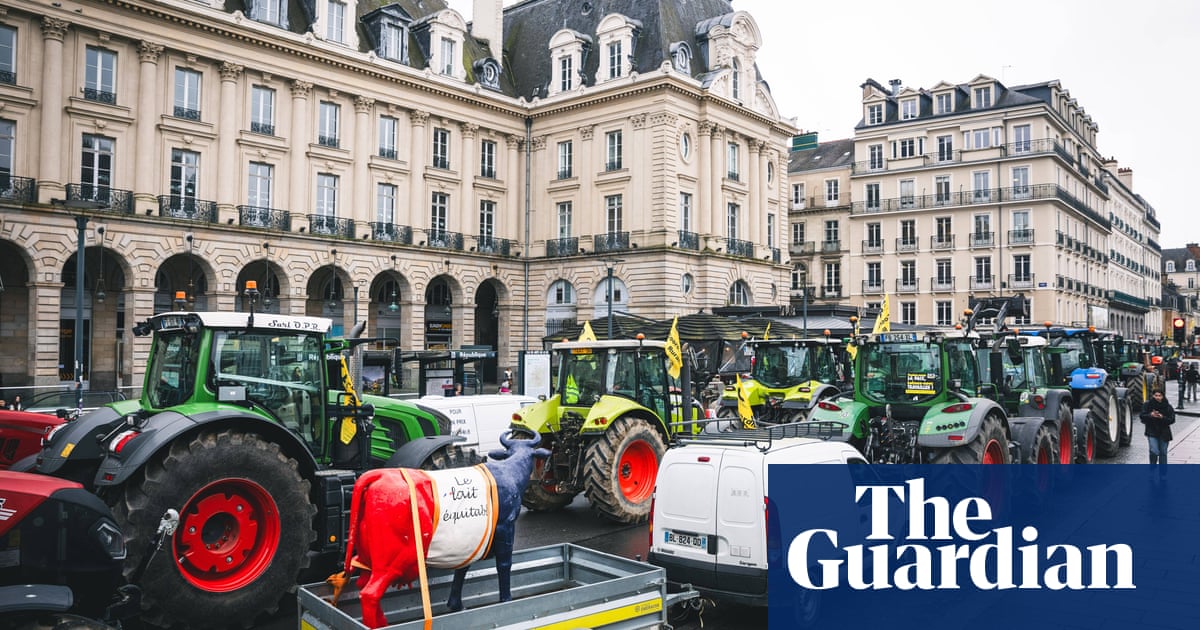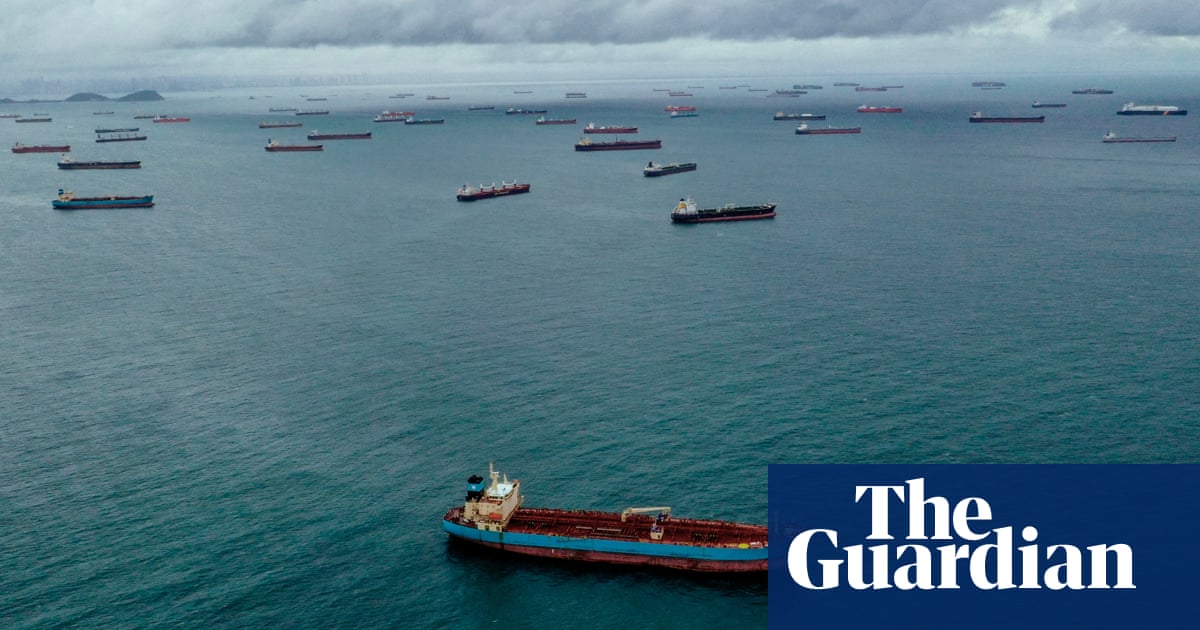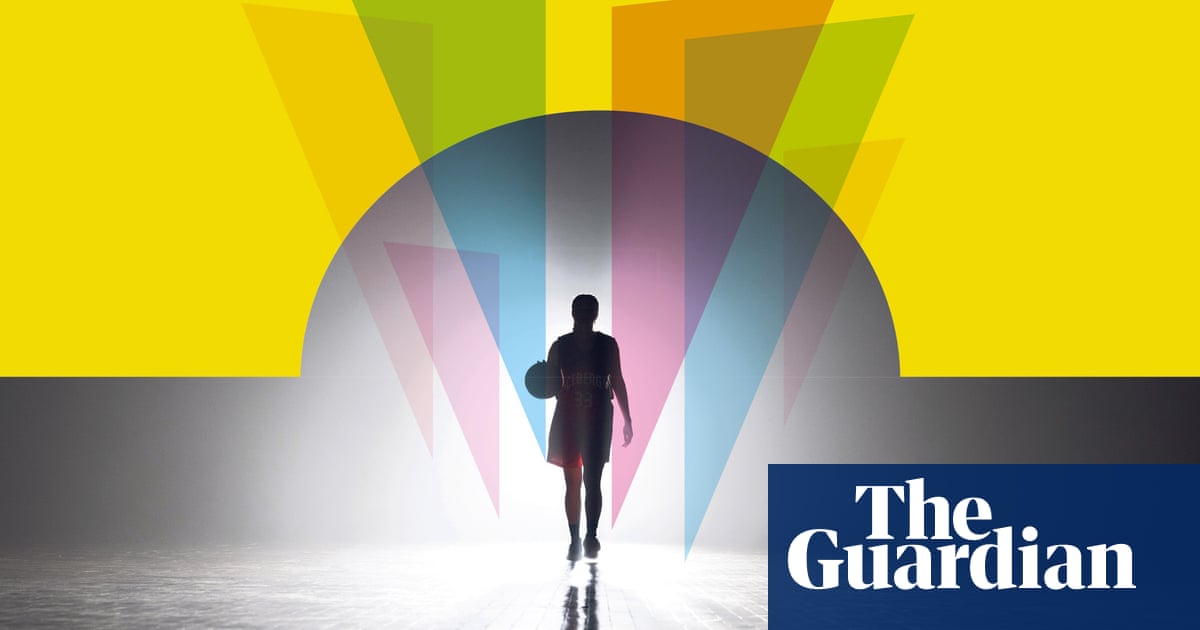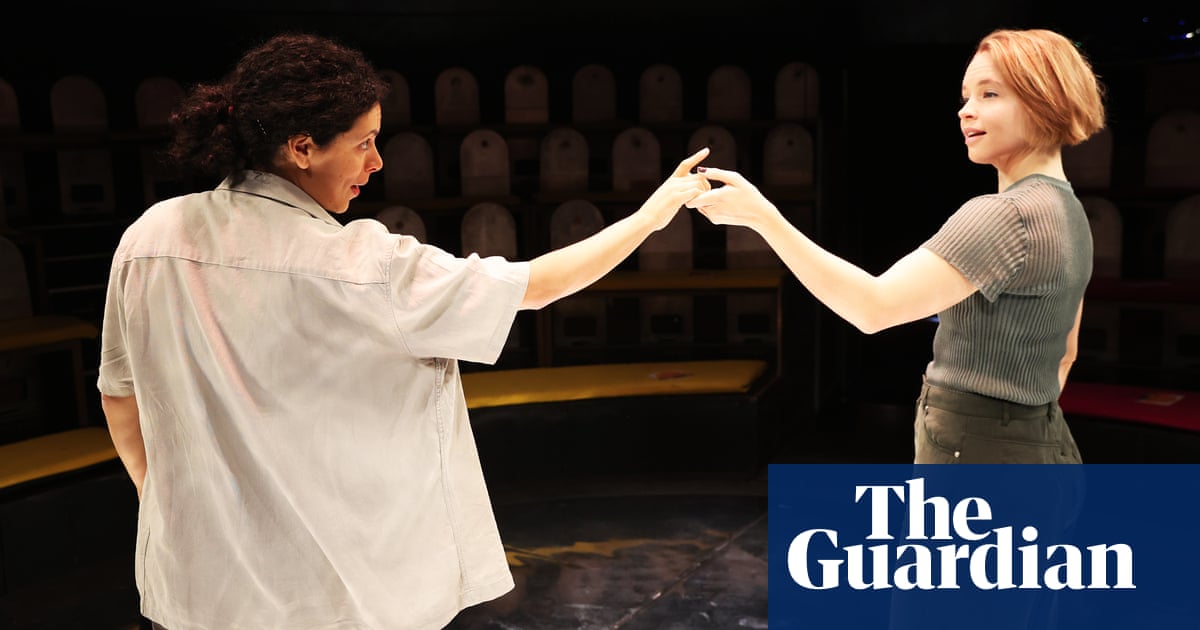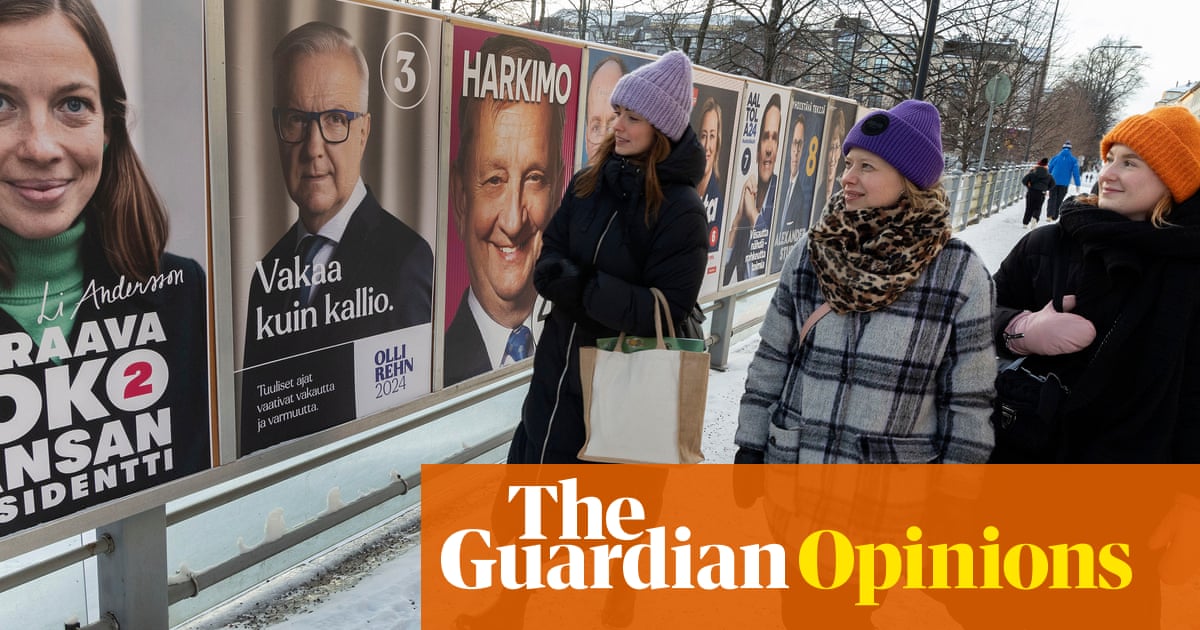
ast week the nearby primary school, disconsolately quiet since March, opened its doors again. For months I’ve passed its empty playground on the morning walk, and watched black curtains drawn over the windows gather perceptible dust; so it’s pleasant to see them opened to the sight of September, and the gates unlocked, and children marshalled through with new books for the new term. Meanwhile restaurants in town are welcoming diners in, though the waiter wears a metalworker’s visor, as if those diners might very well spit sparks. The salons are open, and are busy; the airports are open, and are not. The thought of all this causes a lightening of my spirits which is quite involuntary, and has little to do with my daily scrutiny of charts of infection and fatality, having its causes more in feeling than in fact. The oppressive sensation of constant risk, which has cast its shadow on the everyday like obstinate cloud cover, is moving away. Unconsciously I think: the risk is fading – it must be – they are opening up the schools! Acts which were once ordinary, and which became for a time as risky as barefoot walking on a mountain ridge, are becoming ordinary again. So it has become necessary to caution myself, and recollect that no cloud cover moves without a wind to shift it, and winds can change, and bring back the old bad weather.
But the risk was low: to begin with. That a new virus had emerged from a marketplace was no great surprise – it had happened before, and would happen again. And in fact the disease it caused was largely a matter of a feverish cough, though certainly it was troubling that a few landed in hospital with gullets prised open by tubing, in due course to die alone or to survive, depleted, as the fates allowed. It was no worse than the flu, said a traveller on the last train I took this year. Well, perhaps: but in 1918 and 19 the flu had killed more than the first world war, and there’d been mass graves, and so on. At any rate the risk was not severe enough to confine the plucky British within doors, but – we understood that certain calculations had been made in Downing Street: we should wash our hands with Pilate’s enthusiasm, if more frequently. Bare facts emerged, were grasped, and slipped out of fingers sore from too much soap. Eighty per cent of cases were mild; the fatality rate was 1.4%, unless it was 2%, or 3.4%; the virus lived cheerfully on clothing and handrails and newspapers for 72 hours (mindful of this, a friend of mine quarantined all post in the porch for three days).
This was early March. Within a fortnight, the clouds had rolled in. Risk and the perception of it had altered and escalated, and the degree of escalation altered according to one’s newspaper or neighbours or whether one wasted time on Facebook or Twitter or both. The prime minister looked his electorate dead in the eye and predicted the loss of their loved ones; 20,000 dead would be a happy outcome. So after all the risk could not be satisfactorily mitigated with soap and water, and moreover – news reached us from Wuhan, from Lombardy – seemed not to be equitably distributed. Children were immune, so that was all right … except that was not quite it: they spread the virus without so much as a sniffle. The elderly were dreadfully at risk, and anyone over 70 was elderly, whether they cycled in the Alps or not. The overweight were at risk, and ought to stop eating junk food, unless it was for the sake of the economy, in which case the chancellor would buy them a quarter pounder with cheese (they must pay for the milkshake and fries). People of colour were disproportionately at risk, and this might be a matter of genetics, or it might be that the structures of racism overshadowed the distribution of a virus as they did everything else.
Early on it was commonly said that we were all in the same boat, and in fact I recall, in the early days, a unifying sensation that was not unpleasant: the slam and bolt of a nation battening down the hatches. Eighty years and a day before we entered national quarantine, Virginia Woolf had recalled a “sudden profuse shower just before the war which made me think of all men and women weeping”. There is consolation in a common grief. But it is not the same boat: it is the same storm, and different vessels weather it. It would require a wilful dereliction of the intellect to believe that the risk to a Black woman managing a hospital ward is equal to the risk to – let’s say – a columnist deploring the brief and slight curtailment of her liberty.
Still: there is no life without risk. To be born at all is to be subject without consent to mortal risk, and after that there are countless daily risks taken without a qualm. Say the phone rings; you answer. This is a reckless act: what might come of it? A car journey perhaps, and the roughly one in 200 lifetime odds of dying in a road traffic accident; or possibly you will fall before you reach the phone, and join the other 5,999 who will die that year of an accident at home. These are the calculable risks, but the numbers never amount to much: they’re countered and corrected and countered again like the workings of a mechanical clock. Odds of injury and fatality are set against all the intangibles of love, necessity, impatience. A woman who avoids dark lanes on her evening walk takes a greater mortal risk walking down the aisle, and would be better off carrying a lock knife than a bouquet; but show her the statistics, and I doubt she’d remove her veil. So the past few months have entailed the constant negotiation of new risks and known ones, and risks that can be quantified and risks that cannot. Might an elderly man prefer to risk an unfamiliar disease than the familiar sorrow of loneliness? I suspect he might. Often the avoidance of risk to the body has exacted an inhuman cost from the soul. Ismail Mohamed Abdulwahab, a kind and gentle boy who’d contained the promise of a kind and gentle man, was buried by strangers required to handle his coffin as they might handle a biological hazard; his mother could not risk attending.
At certain times and in certain philosophies, risk to all intents and purposes does not exist. I’ve known devout Christians refuse insurance for their car or their home: what risks can there be to the child of a god that ordains the fall of every sparrow? The Greeks consulted the oracle because their lives were governed by the gods, and by the forces of fortune and fate, and you cannot look into a future which does not exist. Napoleon took his risks because he was a fatalist, and, says Zola, rode placidly into the fusillade, “understanding that his time had not yet come”; the Islamic precept of al-qadr proposes that Allah has predestined the lives of his people; a determinist understands that every event is necessary, having its causes and in due course its effects. Nonetheless all these would pull an infant from the path of a falling rock. Dispense with God and the fates, and the possession of free will becomes a risky business, since each act or failure to act ricochets like a pinball, and we’ve only ourselves to blame.
So the element of risk has become the measure of value. It is possible to think of risk as currency, with an exchange rate dependent on our desires. Say you are short of eggs, milk, cruciferous vegetables: these can be bought at the risk of a man failing to maintain his distance in the aisles, and few would think it too high a price. But what if you also wanted wine and cigarettes? We’re required to distinguish between want and need, and this has never been easy. Shortly before Easter I came out of the supermarket with flowers, gin, two chocolate eggs; wheeling these signs of my debt to pleasure past shoppers queueing in ranks across the car park, I smiled my apologies as I went. Were white roses in a jug worth the possibility of causing a stranger’s persistent dry cough? I had no idea. The roses didn’t last.
Risk once had a kind of valour: this has been lost, if briefly. Annie Dillard, recalling a drag race which left her swinging on crutches for weeks, writes: “What else can you risk with all your might but your life?” This is all very well, but risk the lives of others and the valour dissipates. Meet your lover in bomb-wrecked streets because you value your desire above your life, and you’ll be a fit subject for novels. Break lockdown for that same purpose, and risk conveying the virus to the postman and the neighbours and even perhaps to the cat, and you may not be forgiven. Perhaps the self-sacrifice demanded of us now might have been easier when communities were pressed into a few acres; when babies were passed from breast to breast, and you’d overhear the rattle of your neighbour’s cough. But I suspect this is to valorise a past peopled with men and women not an ounce better than we are. In his A Journal of the Plague Year, Daniel Defoe wrote of measures taken against “all manner of presumptuous rogues”, this echoed in legislation drawn up in the blitz, when the government was driven to make looting from bombed-out houses a capital offence. There never was the “blitz spirit” evoked in the early days of the pandemic, and there was never a “plague spirit”: it is all only ever the human spirit, for all the good that does.
Since we are asked to make daily acts of self-abnegation for the sake of strangers, the avoidance of risk has taken on the quality of a moral good. What has emerged is a kind of religion: facts and statistics alter by the week, and by the nature of the papers that print them, so we must proceed at the instruction of ministers, and less on the basis of knowledge than of faith. These, said Schopenhauer, “are totally different things, which for their mutual benefit have to be kept strictly separate” – and besides, aren’t we all sick of experts? The religion has its rituals and its liturgies: stay home, protect the NHS, save lives, forever and ever, amen. There were early acolytes, signalling their devotion to the mitigation of risk by adopting masks of their own volition, wearing latex gloves as a pilgrim used to wear a scallop shell: these were voices crying in the wilderness, and the cost of their care for themselves and for others was the risk of looking foolish. For a time the particularly devout could be identified by the duration and enthusiasm with which they applauded medics on a Thursday evening, and a refusal to participate risked excommunication from the goodwill of the neighbours.
A new generation of hermits and anchorites keeps itself confined beyond the demands of the law, and the media conducts a kind of auto da fé on the faithless, though it is never the establishment that finds its feet put to the fire: it is the working classes heading for the beach, indolent and wanton, or people of colour going about their family business. So I cannot blame those who crept out of their quarantine when, as it turned out, an adviser to the government had crept without shame out of his: a communicant might spit out the sacrament if they knew the priest was faithless.
I think of this year as having been a process of pinching off flames at the wick. Often the image comes to mind of an air-raid warden patrolling a city in blackout, seeking out risk with a keen and dark-adapted eye: put that light out! The possibilities an ordinary life affords – those of work, of conceiving and raising children, of making art; of pursuing new loves, or nurturing old ones – have been necessarily halted, and I daresay there will be flames that have been permanently extinguished. But after all it is no bad thing to be presented with the sharp, hard understanding of what has always been the case: that we wake each morning in a state of mortal risk. Audre Lorde found a lump in her breast, and was told it would have to be removed. In the weeks between the finding and the removal she was forced to confront her own mortality with “a harsh and urgent clarity”, and discovered that what she most regretted were her silences. She was a Black woman, and a lesbian: for her to exist at all entailed an elevated risk. “Of what had I ever been afraid?” she wrote. “To question or speak as I believed could have meant pain, or death … the final silence. And that might be coming quickly … What are the words you do not yet have? What do you need to say?”
So we put that light out; we keep the city safe. But suppose the present urgency of risk is itself a source of illumination – what, in that case, do you need to say?







